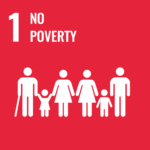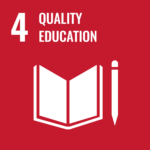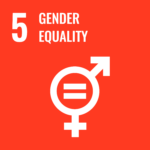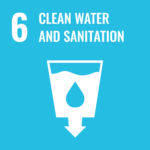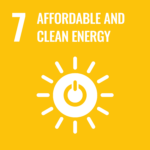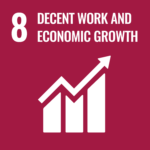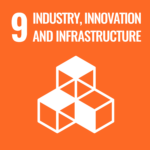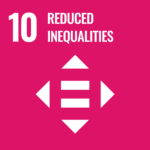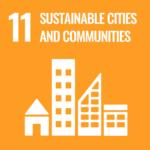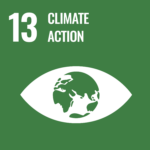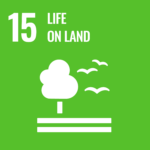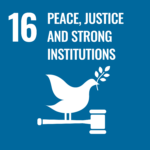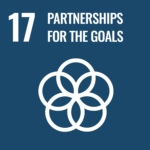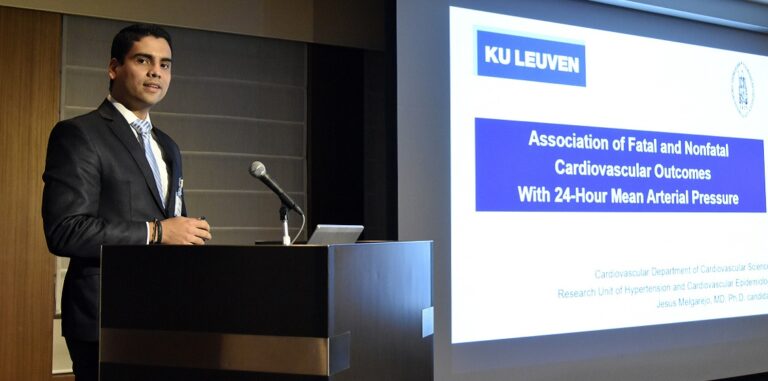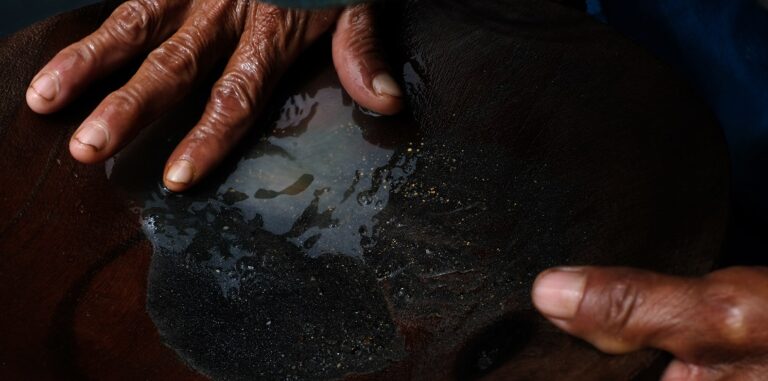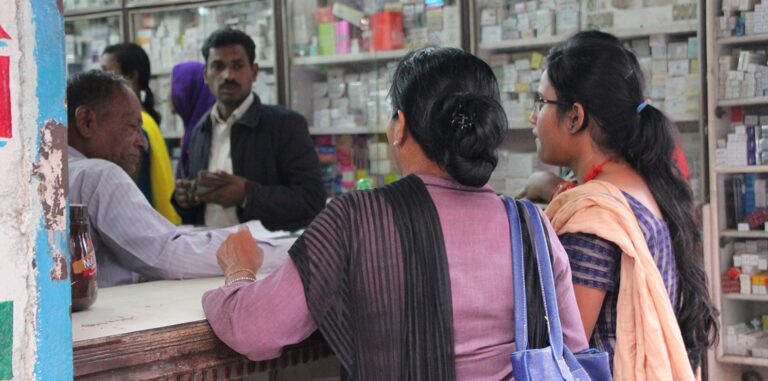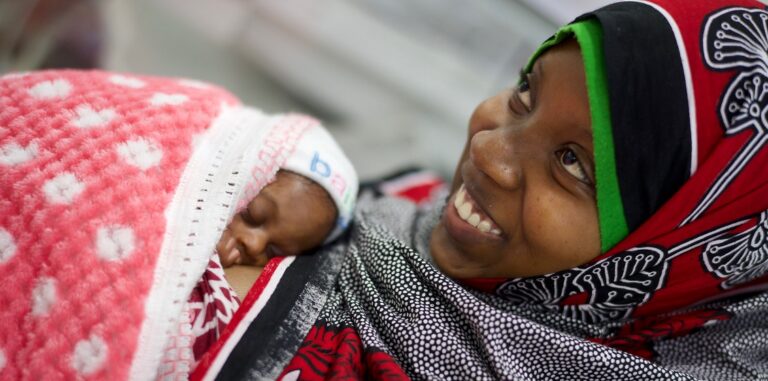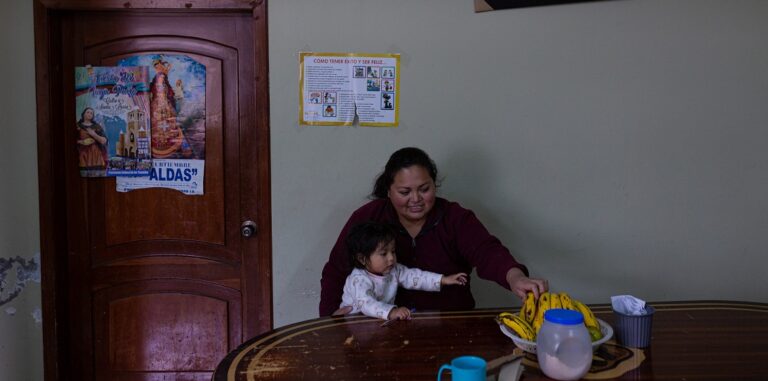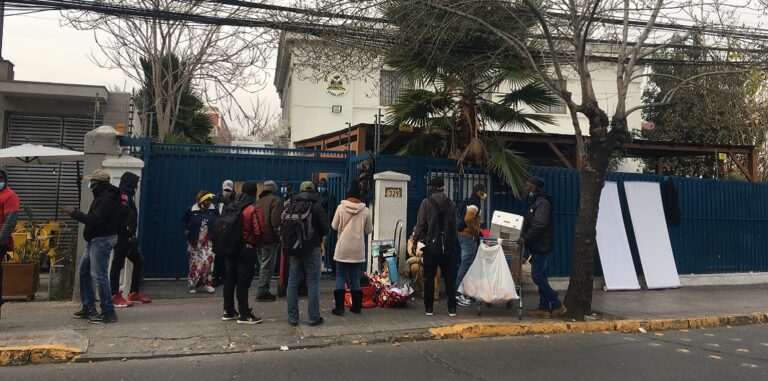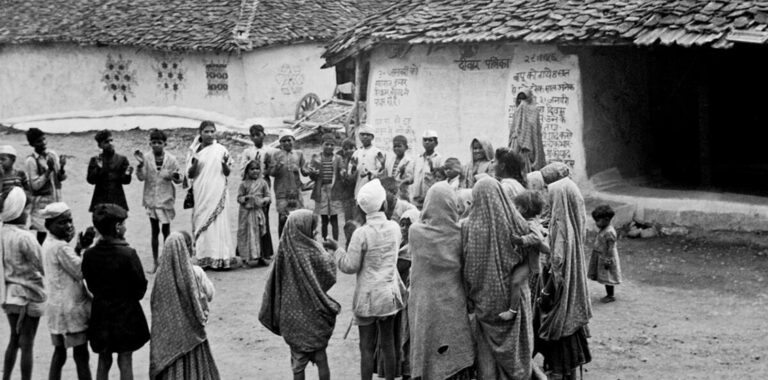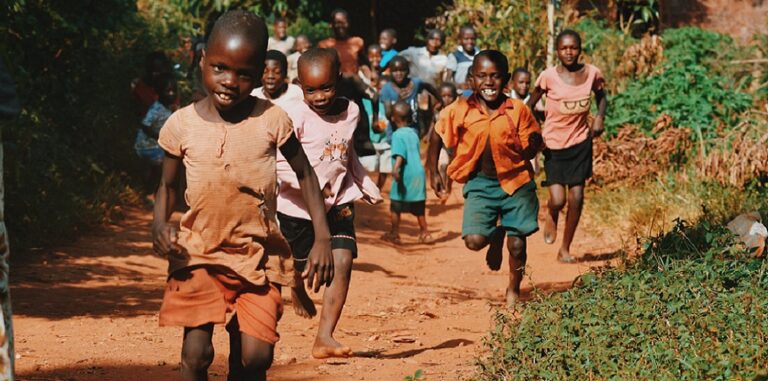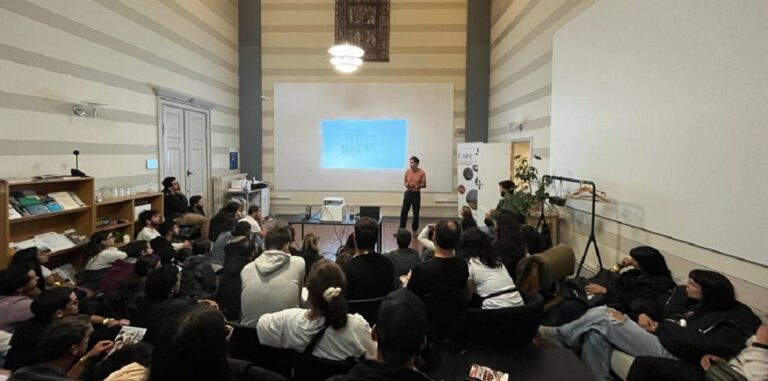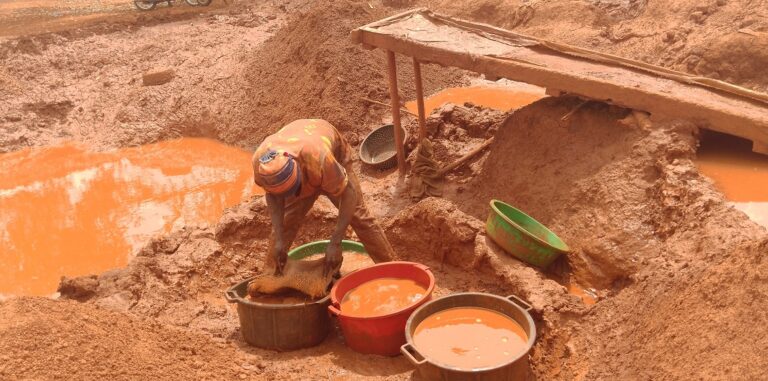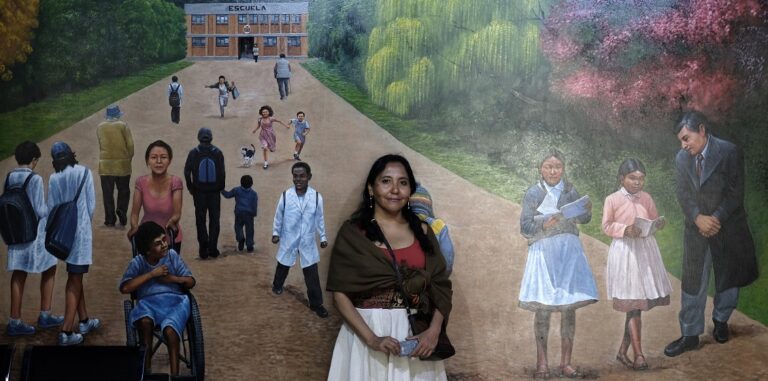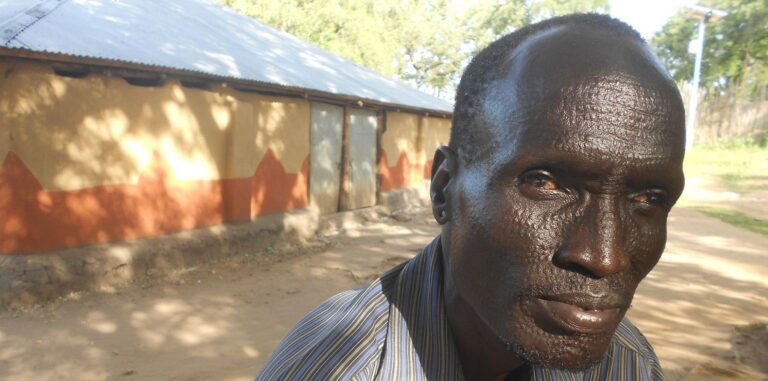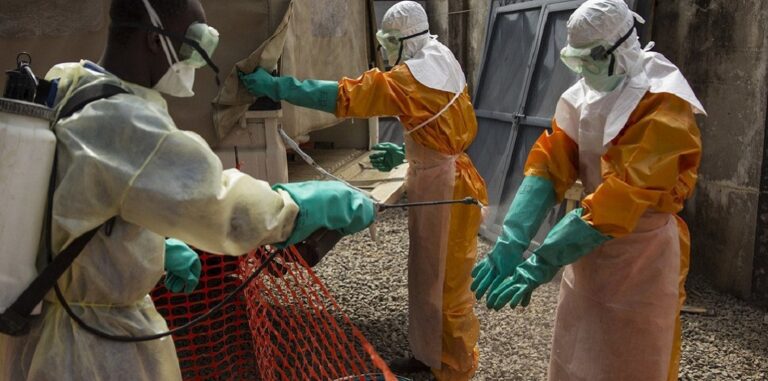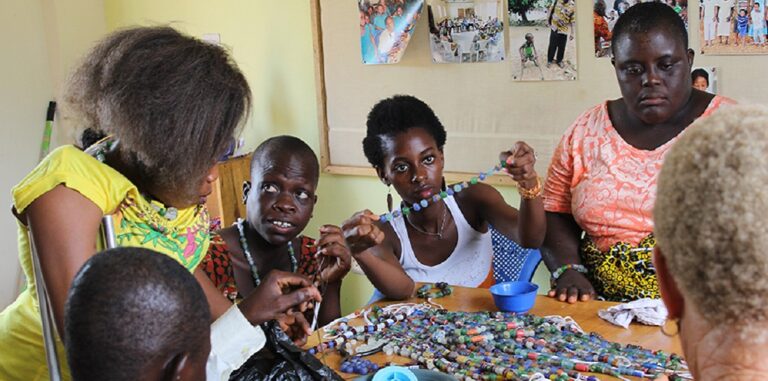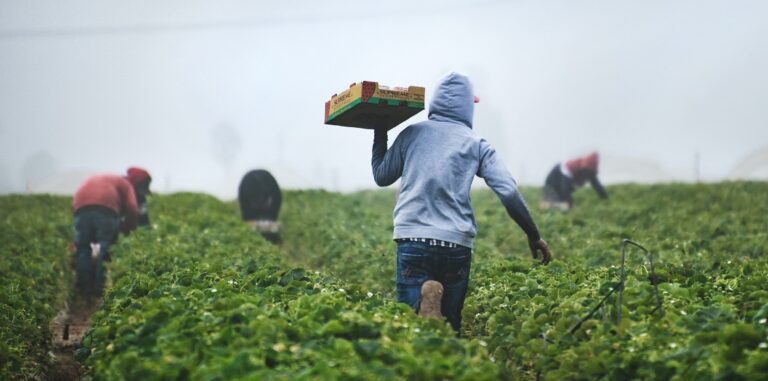Venezuela: How Researching During a Humanitarian Crisis Makes You a Better Scientist
He has his office in the campus of Harlingen in at the Institute of Neuroscience, just beside one of the entrance points for the many Latin American migrants to the US. Physician scientist expert on Blood Pressure and epidemiology in...
Read More
Art and Humanities Climate action Gender equality Good health and well-being News No poverty Social Sciences
Forskningens Døgn 2024: Fattige, udsatte, udstødte i Nord og Syd
Torsdag den 25.april 2024, kl. 19.00-21.15, GRATIS ADGANG Sted: Maskinhallen, Sundholmsvej 28A, 2300 Kbh. S. Klik for kort!Tilmelding: Send e-mail med navn til info@ddrn.dk Arrangør: Danish Development Research Network...
Read More
All of Us Need to Build Capacity – in South as well as North
Research collaboration is capacity building in itself, says Professor Jens Seeberg, Aarhus University. Every university on the globe has a constant need of capacity building. That is certainly also the case in Denmark. ”Research collaboration is capacity building in itself”,...
Read More
Art and Humanities Good health and well-being News Peace, justice and strong institutions Social Sciences
Civil Society Defence against Red Tagging in the Philippines
On November 17, 2023, the Danish NGO Nunca Mas celebrates its 10-year jubilee. Having implemented a range of human rights projects with NGO partners in Ecuador, Honduras, the Philippines, Sri Lanka and Zimbabwe. Nunca Mas and its members can review...
Read More
Mexico: Researching the Brain Plasticity and Breaking the Stigma of Mental Illness
He has a passion for understanding that, what makes us human. It all started with observing neurons in a microscope, just like a Nobel Laureate 100 years ago. And this Mexican neuroscientist also wants to raise awareness of mental health...
Read More
Vulnerable Infants: The Burden of Being Born Too Small, Too Soon
In a pristine, organised room a repeating beeping sound is suddenly masked by high-pitched crying, followed by sighs of relief as a baby is born. Right on time and at a healthy weight, the baby has already avoided a whole...
Read More
Ecuador: The highest number of chronic child malnutrition in South America
Back there, intertwingled with the clouds, is the snowy mountain of Carihuairazo. The altitude here in the town of Tisaleo is more than 3.200 meters above sea level. Up here the air is dry. This area is known for agriculture,...
Read More
Gabriel Abarca-Brown: Rescuing Transcultural Psychiatry
The intersections of psychotechnologies, global mental health, subjectivity, and everyday life, highlighting historical, cross-cultural, intersectional, and decolonial aspects. This is the line of research of Gabriel Abarca-Brown, who works as a researcher at the University of Copenhagen, in the research...
Read More
The Health Sector Will Never Be Able to Solve the World’s Health Challenges on Its Own
We have to adopt an intersectoral approach to safeguarding health, says an experienced Danish researcher who has done that for all his professional life.To address the serious health problems of the world, the health sector has to work in close...
Read More
Psychosocial Approach: A Response to Mental Health Issues and Structural Violence
Nunca Más is an international human rights and psychosocial response network that supports survivors of collective violence in the Global South, focusing on their mental health and political advocacy by applying the psychosocial approach. In this interview with Jan Ole...
Read More
The Golden Moment of Any Science is When Your Ideas are Contradicted by Data
A veteran Danish anthropologist who received a doctorate in medicine for describing the effects of vaccination on reducing the rate of child deaths in the Global South have contributed to a paradigm shift twice in his life. An academic researcher...
Read More
Jorge Lobos: Architecture to Serve the Needs of People Around the World
Jorge Lobos, is a very talented chilean architect that lives in Copenhagen, Denmark. He owns an architecture studio with projects in Denmark, Italy and Chile. He started his career at the school of Architecture at the Universidad of Chile, where he...
Read More
Mercury in Goldmines in Uganda Influence Pregnancies on the Faroe Islands
Our working environments have become truly global. Even though they are often invisible, harmful substances are traveling long distances between the South and the North. Integrating research and NGO work can convince local governments and stakeholders in the Global South...
Read More
Bolivian Researcher Carla Colque-Little Throws Light on the Superfood-crop Quinoa
Carla Colque-Little specializes in diseases of one of the star crops from Bolivia – quinoa. A plant that many countries – for instance, Denmark – are eager to adapt to cultivate in their farmland – is a crop for the...
Read More
Mercury: The Silent Death in the Bolivian Amazon
Indigenous peoples of the Amazon are affected by mercury contamination in Bolivia due to small-scale gold extraction. The women are some of the most vulnerable – and at the same time the ones handling the mercury most directly. Is there...
Read More
Decent work and economic growth Good health and well-being No poverty Opinions Peace, justice and strong institutions Social Sciences
Uganda’s Acclaimed Refugee Policy: The Difference Between What is on Paper and Reality
Uganda is described by many in the humanitarian circles as one of the friendliest countries in the world to refugees. Some reports, such as one from the Norwegian Refuge Council (NRC), state that the East African landlocked country, which hosts...
Read More
They studied emerging epidemics – and then an epidemic emerged
A large research project in close cooperation between researchers from Denmark and Burkina Faso has focused on what happens to epidemics when they emerge in unstable places with poor security, political unrest and mistrust towards the government. Some epidemics begin...
Read More
Civil Society Groups Keep Development Aid Closer to Human Beings
The history of Danish development assistance, and the role of civil society groups with a focus on vulnerable groups in this history, was discussed at a recent webinar – listen to a DDRN podcast from the event ”It is up...
Read More
COVID-19 and Migration: How Spread of the Virus Reduced Mobility of Migrants in Chile
Social distance and border closure as health measures to stop the spread of COVID-19 had profound consequences on the lives of migrants living in Chile since the restrictions on their mobility mean their ability to work and social integration into...
Read More
The Working Poor
Reasons to migrate can vary but they are often rooted in similar motives. Migrants may be attracted by high-quality education and promising careers or by finding a stable job to provide a better future for their families. Nordic countries are...
Read More



